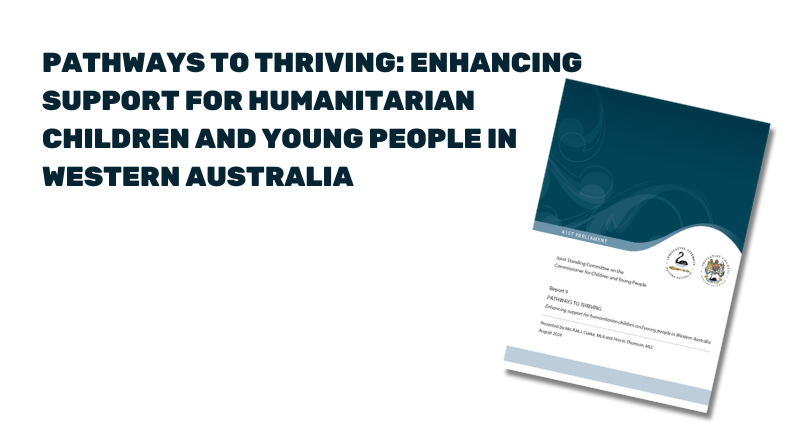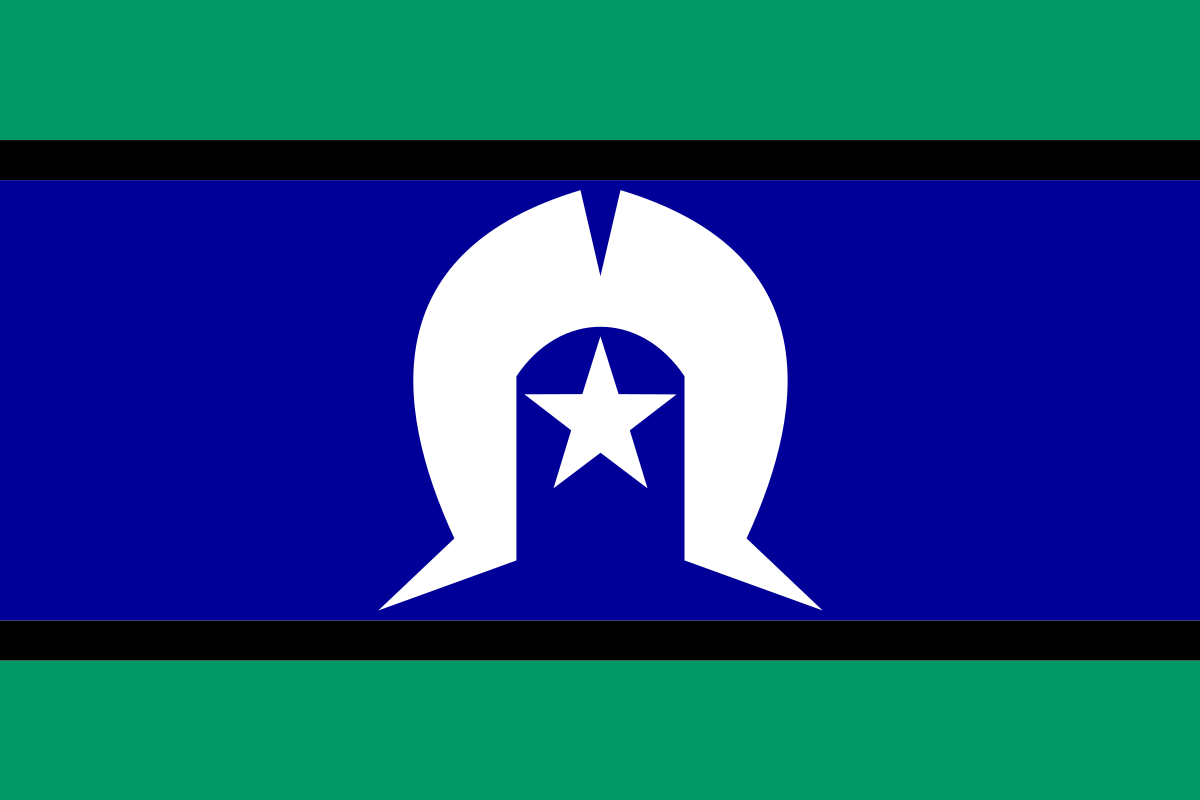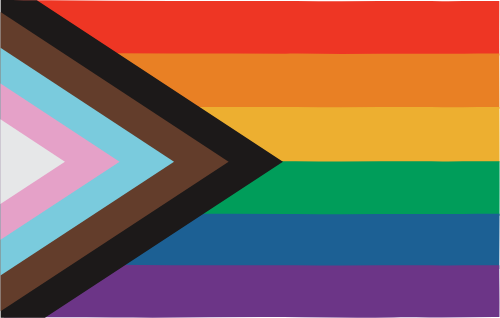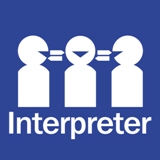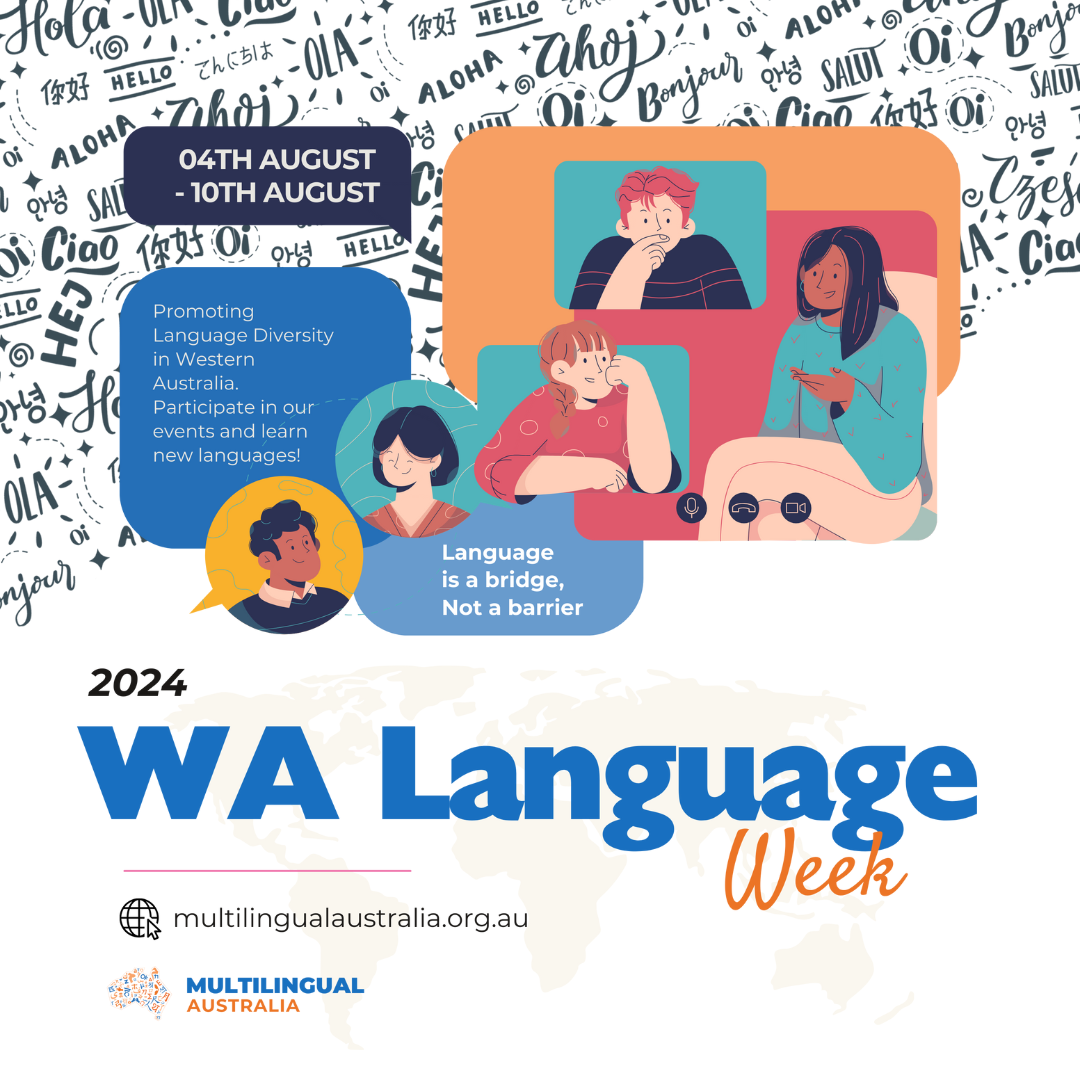
From 4th – 10th August it is WA Language Week!
At ASeTTS, 80% of our staff speak a language other than English. So this week, some of our staff share their bilingual or multilingual journeys!
For more information click here.
Sheena’s language journey
Position
Counsellor
Languages spoken
Hindi, Urdu, Punjabi and Himachali dialect (Dogri Pahadi)
Your bilingual journey.
As being born and brought up in India, I got exposed to different languages at a young age. My family lived in an area, which was surrounded by multilingual people and made it easier for me to catch some phrases that the neighbours would say/use on a daily basis.
I have been very fond of learning new languages since I was a child and also understanding other people’s culture. The media such as television helped, where I would watch a TV show in different language (showing subtitles) and try to speak what was being said and practice.
I did have few challenges though such as I struggled to communicate with my friends who didn’t spoke Hindi (National language of India) as they only spoke Tamil (Tamil Nadu, India) as their first language.
Due to my interest in learning a new language, I tried to pick up certain words to make a sentence as a way of communicating with them. Though, I wasn’t fluent in speaking Tamil, but understanding what they were saying to me was made much easier as I got exposed to the language through connecting with them on a regular basis.
Impact on your professional life
Being multilingual has played a big role in connecting with colleagues, and clients who speak the languages that I understand.
This has allowed me to build good relationships with my colleagues and assisted in using my language skills to translate when required for any assistance with clients as a means of solving problems.
Advice for others
I would suggest that keep up your interest and willingness to learn a new language, where social interaction is a must. I learned more with my interaction (verbal or non-verbal) with people than practicing the language skill on my own.
Tharanga’s language journey
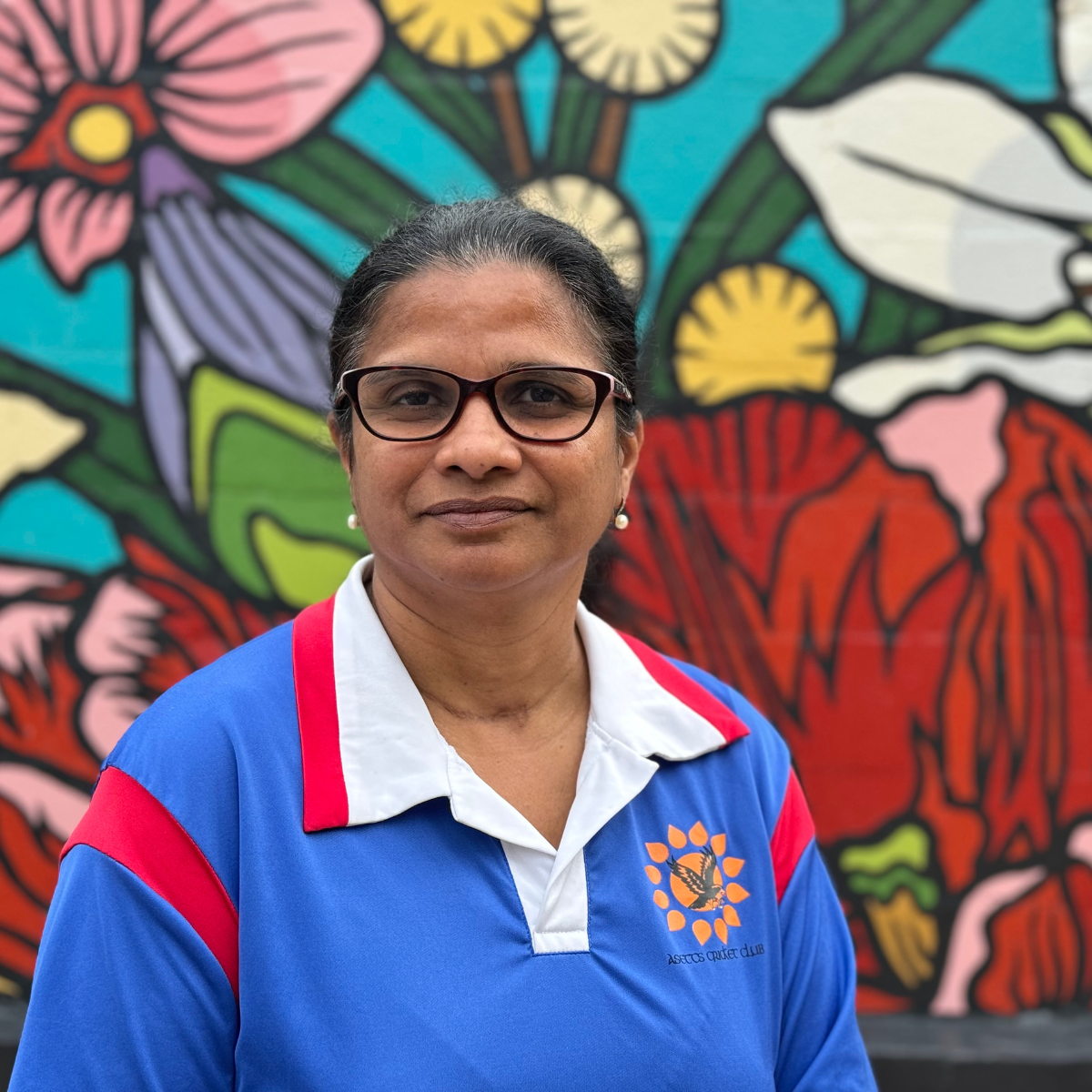
Position
Senior Community Development Coordinator.
Languages spoken
Sinhala and English
Your bilingual journey.
I come from a former British colony. Sinhala is my native language and I learnt English at school and English is a mandatory subject to study in Sri Lanka. As a result, many Sri Lankans can read and write English, but when we were children, we didn’t speak in English as we didn’t have to or didn’t get opportunities as I was from a small town in Sri Lanka. However, those who study in main cities and those who live in tourist destinations learn to speak in English at early ages.
I started speaking in English at the age of 20. When I was 20, I joined a local NGO called WERC and our Executive Director, Dr Selvy who is fluent in Tamil and English said, “Tharanga I am too old to learn Sinhala, therefore you have to talk to me in English”. I will never forget that.
Idioms are the most confusing thing in English to me. Idioms are like ‘round pizza comes in a square box’.
Even as a child, I was confident when I was speaking in Sinhala language, but it took me a long time to be confident when speaking in English. I used to write everything I had to say and practice a lot whenever I had to do presentations in English.
Impact on your professional life
Speaking at least two languages was essential to find work in Sri Lanka because you would be competing with others who are fluent in two to three languages. I worked in the North and East of Sri Lanka where the majority speak Tamil, during this time the only way to connect with them was to rely on local staff from the areas who speak English and Tamil. Speaking more than one language is always an advantage.
Advice for others
If you want to learn English, try to learn idioms as soon as you can, otherwise you might offend someone without any intention to offend!
Use Google to learn how to pronounce words because words with similar patterns are pronounced differently. Cut and put are the classic examples 😊
Watch TV dramas without subtitles and listen to songs.
Don’t be afraid, it’s not the end of the world if you make a mistake when you speak another language. But make sure to use an interpreter if you must see a lawyer or a doctor who doesn’t understand your language.




